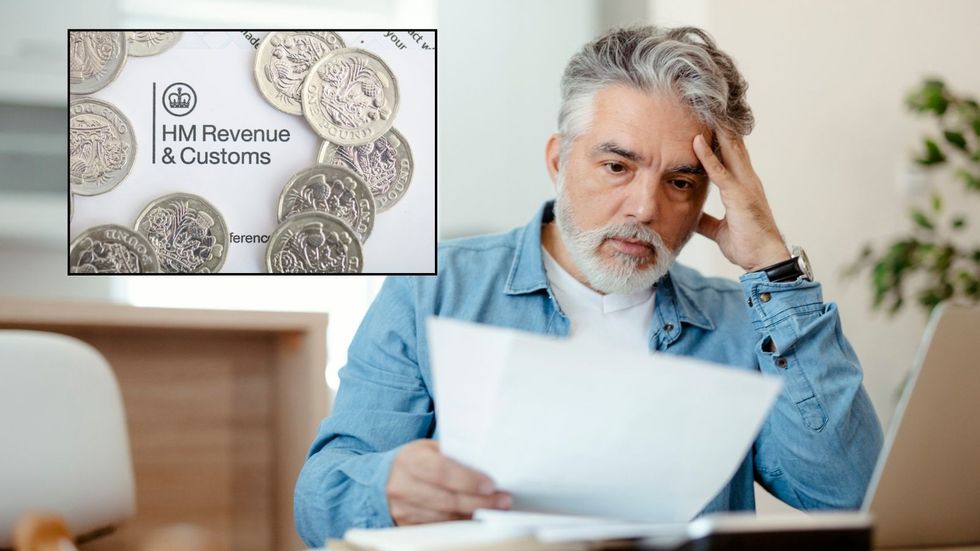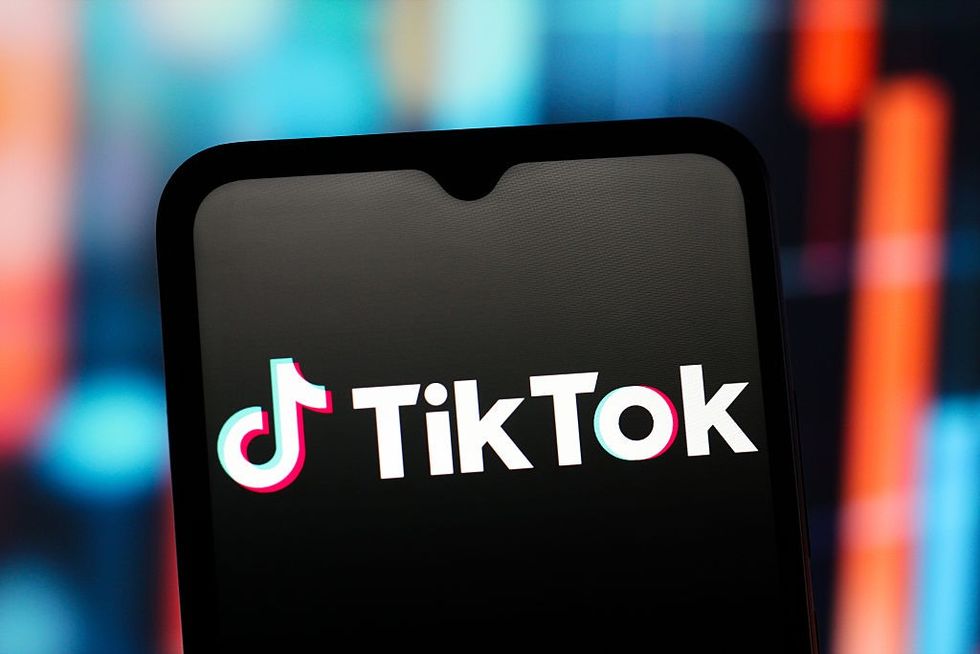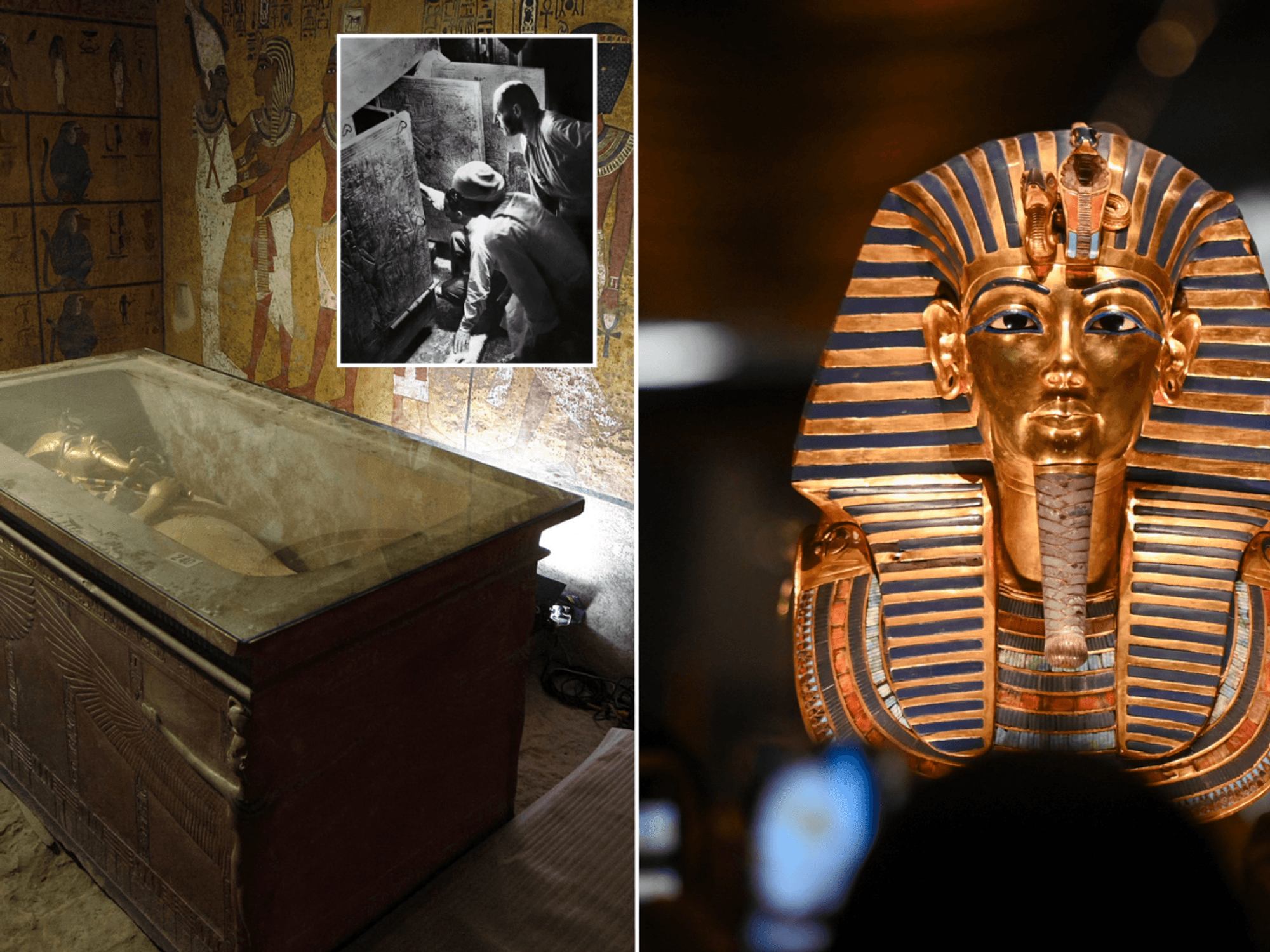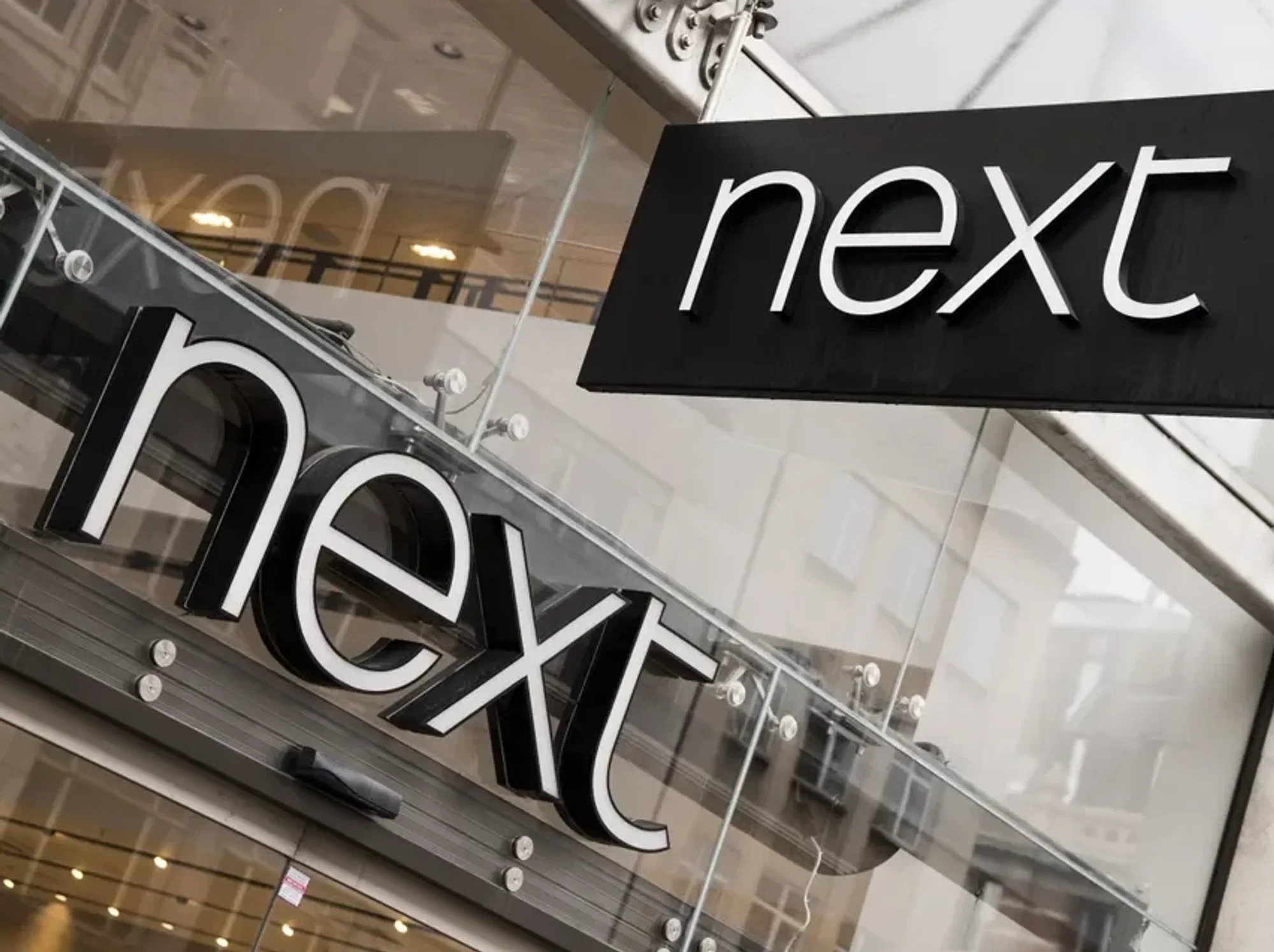HMRC alert: Critical warning to 400,000 Britons at risk of tax ‘pitfall’ that could result in £100 fines

Hundreds of thousands of UK micro-influencers could be heading for a fine in January 2026, as many don't realise they need to declare brand freebies and side earnings to HMRC.
Don't Miss
Most Read
Latest
Some 400,000 Britons are at risk of falling into a tax "pitfall" that could slap them with £100 fines from HM Revenue and Customs (HMRC), analysts warn.
Tax experts are reminding the UK's thousands of micro influencers on Instagram alone in Britain , those with between 1,000 and 25,000 followers, of their tax liabilites.
These smaller accounts often get better results for brands than big-name influencers, which means they are regularly receiving payments and gifts for content.
HMRC rules state that any side earnings above £1,000, including the value of gifted products, need to be declared on tax returns. Those who miss the deadline or fail to declare their income properly could face hefty fines starting at £100.
Do you have a money story you’d like to share? Get in touch by emailing money@gbnews.uk.

Missing the deadline can be a painful mistake for unaware micro-influencers.
|GETTY
Anyone making money from influencing alongside your regular job gets a £1,000 personal allowance before tax kicks in, but crucially, that includes any brand gifts received. Anything from a £200 skincare set for a sponsored video, to a £150 jacket for an Instagram tag is treated as taxable income.
It can add up quickly. A micro-influencer who earned £800 cash from collaborations and received £430 worth of gifts, £1,230, means they have crossed the threshold and need to register as self-employed.
There are exceptions to this rule however. Small gifts under £50 with no strings attached, like a candle sent without any expectation of promotion - usually don't need declaring.
Missing the deadline can be an expensive error for one of the 400,000 micro-influencers in Britain.
HMRC starts with a £100 penalty straight away, but failure to pay straight away, could result in daily fines of £10 after three months, which can stack up to £900. After six months, another penalty of either five per cent of what's owed or £300 awaits. Wait a full year and that same charge hits again.

Riley Gaines, one of the many TikTok influencers
| TikTok/Riley GainesMitch Hahn, who runs specialist influencer accountants Nordens', is very aware of the tax liabilities of online content creators. He suggests people keep on top of their expenses, whether it is through a simple spreadsheet or one of the many apps designed for this purpose.
When it comes to claiming expenses, there's a catch many influencers don't know about. Designer clothes bought for content only count as business expenses if they're used exclusively for work.
"Anything you spend for the purpose of your work - including clothes, travel or products can be claimed as expenditure to reduce your tax bill," Hahn explained.
"But something many influencers aren't aware of is the fact that these purchases must be only for the use in your work and have no personal value."
What Are Micro-Influencers?
Micro-influencers are social media users who have built a following typically ranging from 10,000 to 100,000 people.
Unlike celebrities or major influencers with millions of followers, micro-influencers tend to focus on specific areas of interest such as beauty, fitness, parenting or gaming, and are often seen as more relatable and authentic by their audiences.
Their influence comes from engagement rather than size, with the growth of platforms like Instagram, TikTok and YouTube Shorts playing a major role in the rise of micro-influencers.
These platforms favour short-form, casual content, which allows everyday users to gain visibility and build communities without needing a large budget or professional production.
LATEST DEVELOPMENTS:

TikTok has been huge for the growth of micro-influencer ecommerce through the TikTok shop
| GETTYAs more businesses shift their marketing budgets away from traditional advertising and toward influencer collaborations, micro-influencers have found new opportunities to monetise their content.
However, many are individuals rather than registered businesses and may not be fully aware of the financial and legal responsibilities that come with accepting gifts, paid promotions or freebies.
This has raised concerns about a growing number of micro-influencers unknowingly falling into tax traps.
With HMRC increasingly focused on undeclared income and benefits in kind, it is becoming essential for content creators to understand their obligations as part of the expanding influencer economy.
More From GB News











